
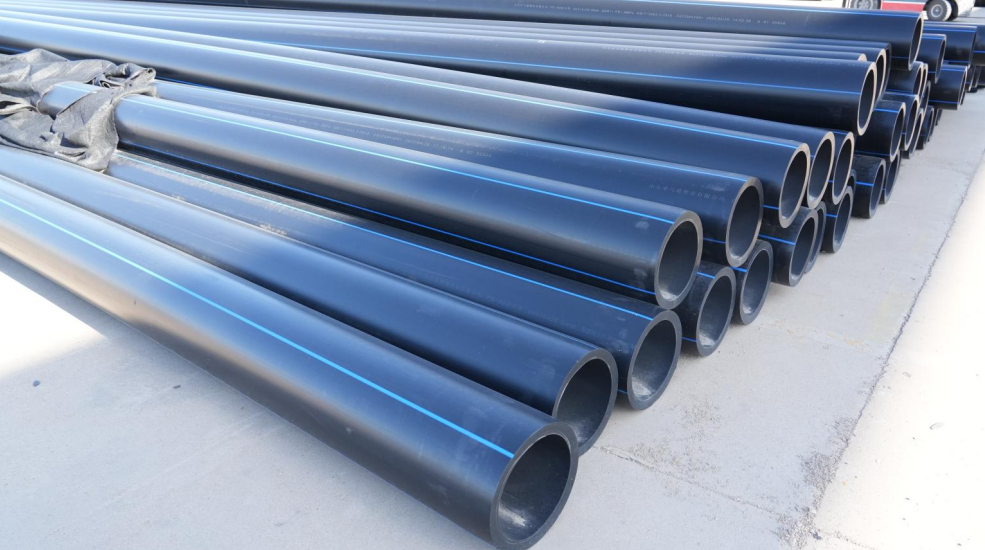
HDPE water pipes have been used for drinking water applications since the 1960s and have been recognized and developed within municipal authorities since then. Some…
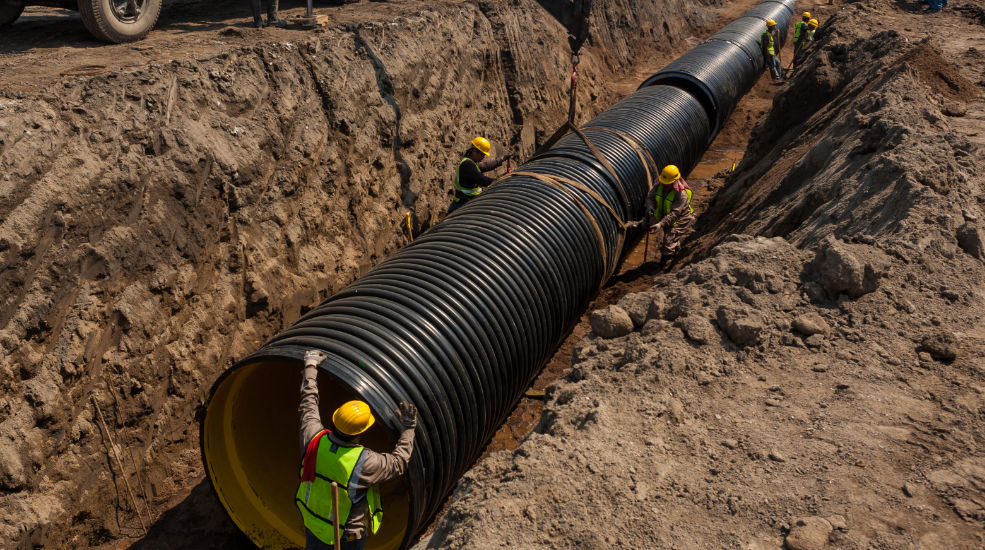
Installation of HDPE (High-Density Polyethylene) underground pipelines has been widely utilized in municipal, hydraulic, and industrial sectors due to its outstanding characteristics such as excellent corrosion resistance, flexibility, and sealing properties. Correct installation methods are crucial to ensuring the performance and longevity of the pipeline system. So, how to install underground conduit?
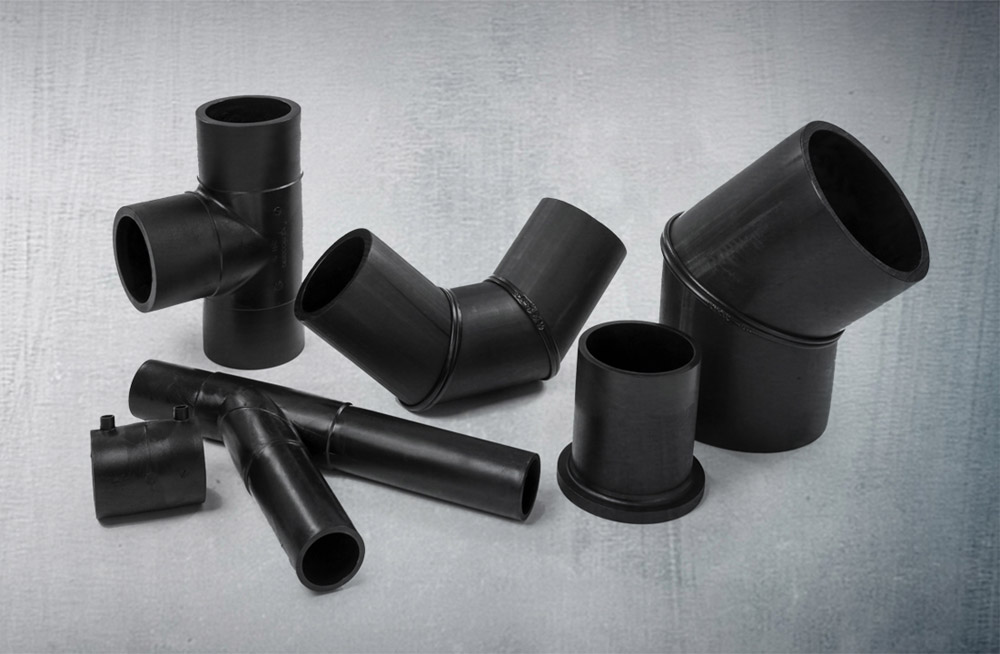
HDPE (High-Density Polyethylene) fittings have found wide applications in modern pipeline systems due to their excellent performance.
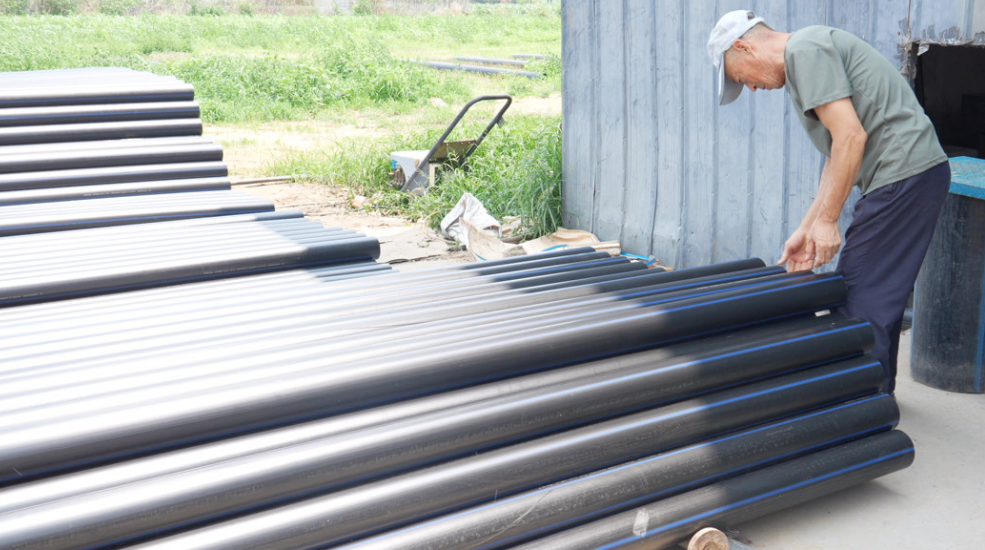
In the modern engineering field, HDPE (High-Density Polyethylene) pipelines have become the preferred material for numerous pipeline systems due to their outstanding performance and wide applicability.
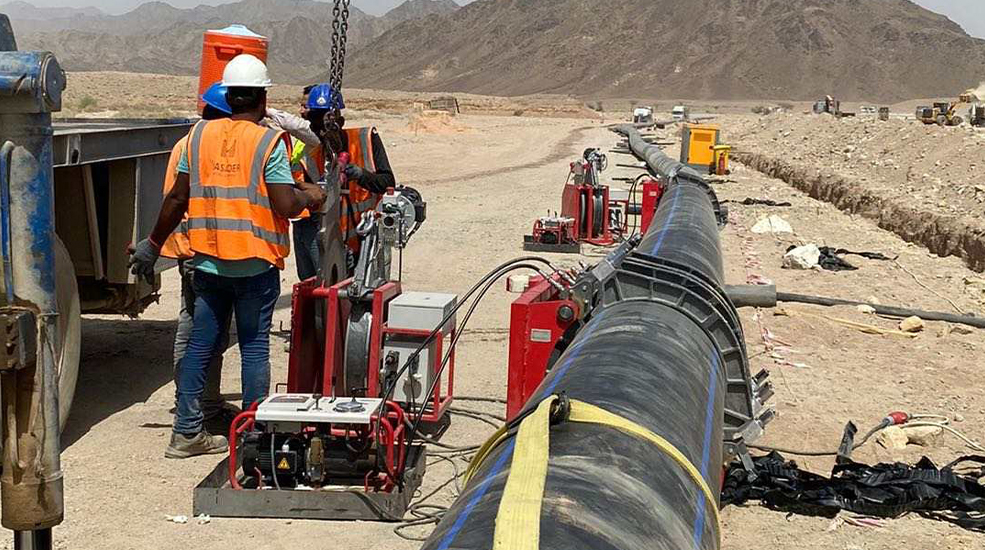
When it comes to HDPE fusion welding machines, there is a critical investment that is often underestimated – one that has the potential to reduce future expenses.
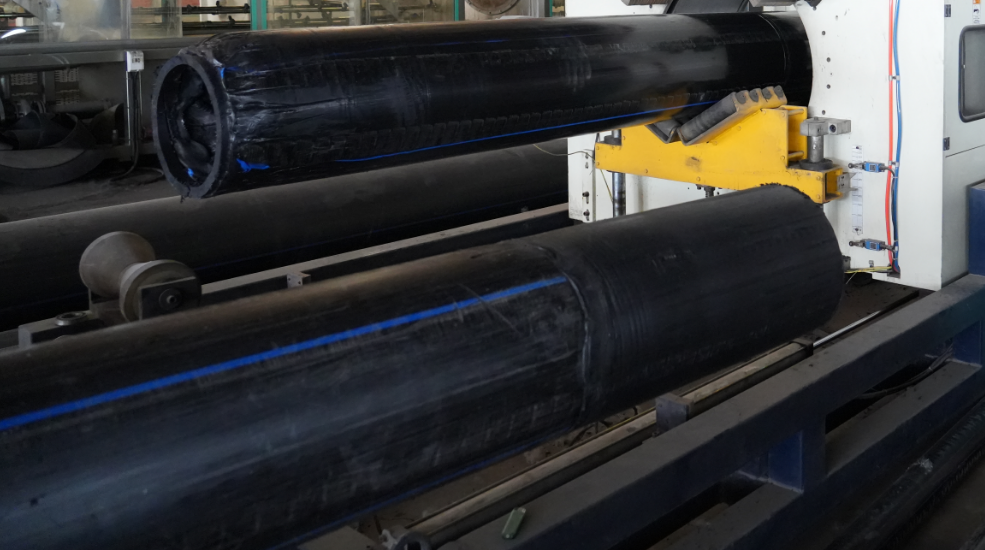
High-density polyethylene (HDPE) is a tough and durable plastic that maintains its structural integrity even under heavy loads. However, it is important to ensure that the pipes you use have appropriate ratings to withstand the size and duration of the loads they need to bear. At JS PIPE, we manufacture durable pipes suitable for heavy commercial and industrial applications.
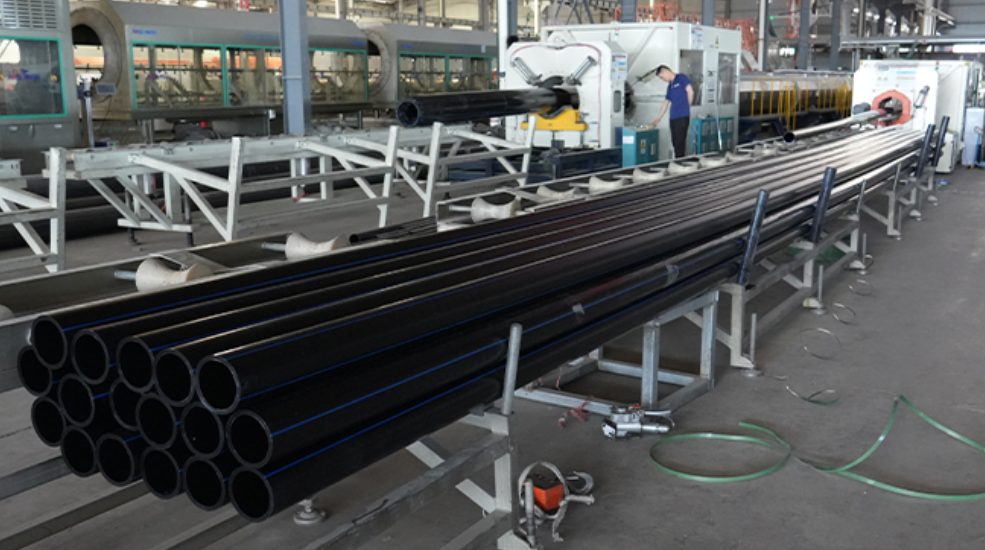
In today’s era of emphasis on sustainability and environmental protection, it is crucial to choose pipeline materials that are energy-efficient and eco-friendly. HDPE pipes, which do not contain heavy metal additives and are resistant to bacterial growth and structural issues, provide a significant solution to the problem of drinking water pollution. Furthermore, HDPE pipes exhibit strong corrosion resistance, are non-polluting, have smooth inner walls, extremely low friction coefficients, excellent wear resistance, and ensure smooth drainage.
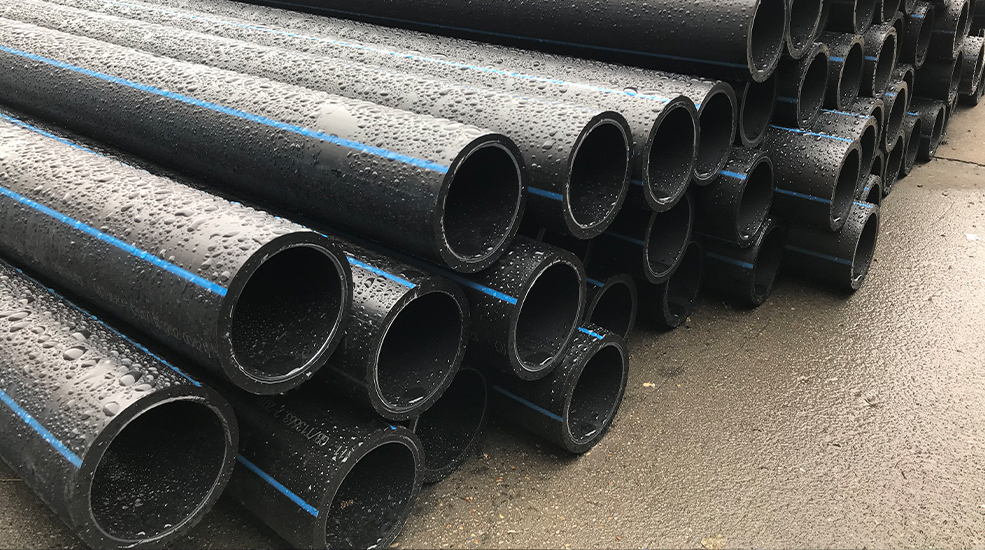
HDPE (High-Density Polyethylene) water pipes have gained popularity due to their unique structural design and advantageous features. This article will focus on the structural characteristics of HDPE water pipes and the advantages they bring, explaining why you should choose HDPE water pipes.
High-density polyethylene (HDPE) is a thermoplastic plastic known for its excellent tensile strength, corrosion resistance, and impact resistance. These characteristics make it an ideal material choice for various applications, including both pressure and non-pressure pipelines, conduits, and drainage systems. HDPE pipes are used in drinking water systems, mining operations, oil and gas collection, wastewater treatment, protection of fiber optic cables, natural gas distribution, and more.
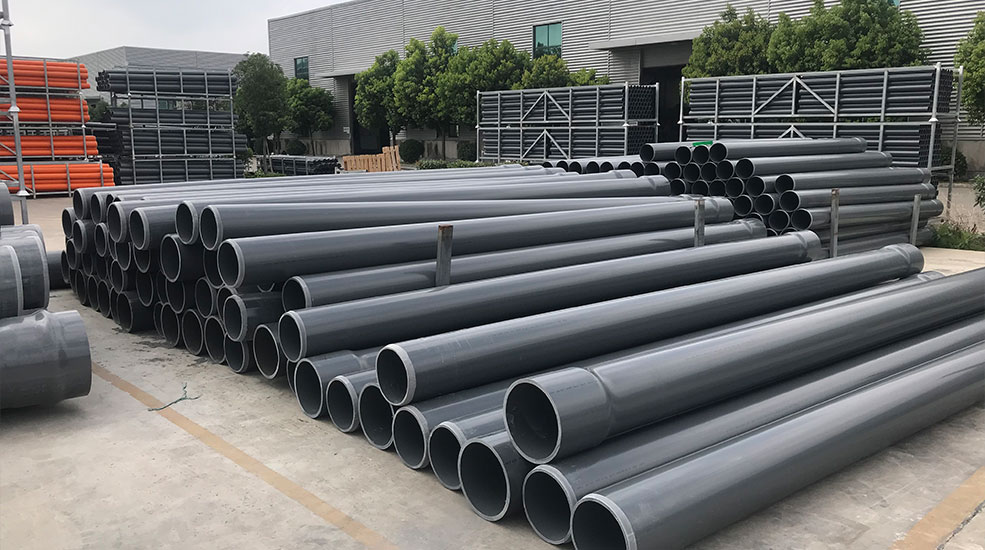
UPVC pipes (Unplasticized Polyvinyl Chloride pipes) are a type of piping made from polyvinyl chloride (PVC) material. They possess advantages such as acid and alkali…